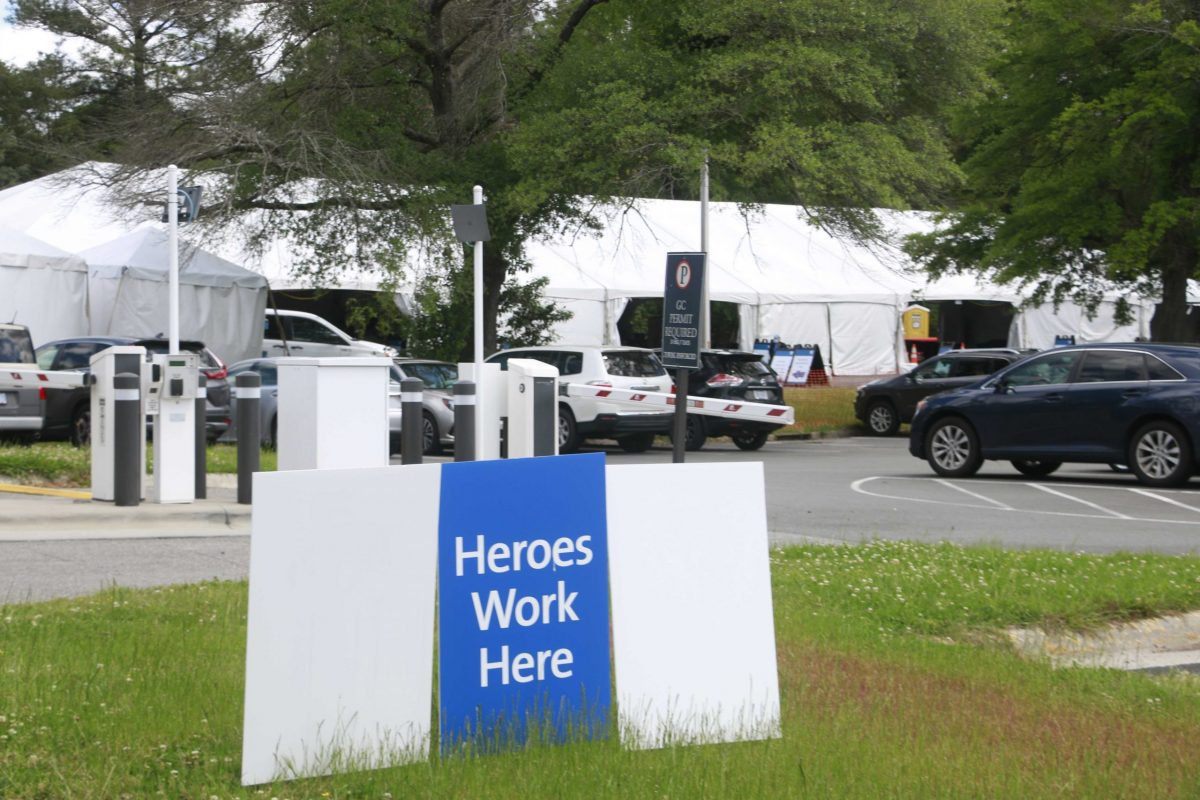A new amendment loosens Durham’s stay-at-home order, but keeps local coronavirus-related limits stricter than rules imposed by the state.
The update, in effect at 5 p.m. today, is the fifth version of the city and county’s joint order since the coronavirus outbreak struck.
The latest changes attempt to clarify how rules apply in Durham, Wendy Jacobs, chair of the Durham County Commision, told 9th Street. “We’re trying to simplify things and make this less confusing for people,” Jacobs said.
One simplification made to Durham’s stay-at-home order is the removal of its expiration date. The order’s previous four versions included deadlines compelling the county and city government to reinstate an order every few weeks.
With the due date gone, an emergency order will remain in place until it is rescinded or modified.
What’s looser?
In many ways, this update eases the Durham stay-at-home order’s strictest regulations.
In line with Gov. Roy Cooper’s May 8 executive order, Durham leaders have raised the number of people who may gather to 10. The previous versions of the order limited gatherings to five.
Durham’s new update also follows Cooper’s lead by allowing for larger religious gatherings or protests to take place outside so long as those participating socially distance.
The amendment ends the local classification of businesses as “essential” or “non-essential.” While some previously non-essential businesses may be able to re-open, many are still closed by the state’s order, which still shutters bars, concerts and other live performances, and more.
Friday’s update also allows potential home buyers to view occupied houses in person and permits businesses to provide employees with boxed lunches.
What’s stricter than the state limits?
Durhamites incapable of social distancing, such as those shopping or working in a store, are still required to wear protective face masks. And business owners must continue to conduct basic health screenings at the beginning of every employee’s shift.
Funerals in Durham will be limited to 25 people, while the state order allows up to 50 people to attend funerals.
The amendment also creates new regulations for child care. Child care facilities in Durham are now required to keep supervised children in consistent groups that are isolated from other children.
The state’s order preempts Durham’s in regulating retail stores. Cooper’s May 8 order allows retail stores to open with restrictions, requiring them to ensure space for social distancing and setting maximum occupancy at 50 percent. The city and county cannot raise or lower that limit.
Why and What’s Next?
“What this indicates is that what we’re doing works,” Jacobs said, pointing to low community spread rates in Durham, where most lethal cases of COVID-19 have been detected in sites where people are confined in close quarters, including living sites such as the Butner Federal Correctional Complex and longterm living facilities. Such facilities accounted for 33 of Durham County’s 37 coronavirus-related deaths as of Friday morning.
Going forward, the county and city will follow the state’s lead on reopening, Jacobs said. Durham will look to North Carolina’s guidance on best practices for testing, tracing and PPE.
Durham will also seek direction from the city and county’s joint “Recovery and Renewal” task force, which includes local health professionals, religious leaders, business owners and other community members.
“We’re looking to the work of the task force to guide our next steps,” Jacobs said.
The task force had its first meeting Friday morning, remotely of course. As he and Jacobs opened up the conversation, Durham Mayor Steve Schewel, who sported the city’s flag as his Zoom meeting background, announced that Durham’s rate of doubling for COVID-19 cases is now greater than 50 days.
“That’s good. We’re doing well. But we have to continue to do well,” Schewel said.
There’s one downside to success, the mayor said. Many Durhamites don’t have immunity, he pointed out, so an outbreak could still spread quickly in Durham.
Durhamites can go to more places and see more people when they must. But they’d be wise to voluntarily stick with the practice that has helped this community, Jacobs said.
“We still need people to stay at home whenever they can,” she said.
At top: Duke Health continues to offer drive-up coronavirus virus testing near Duke University Hospital. Photo by Corey Pilson





